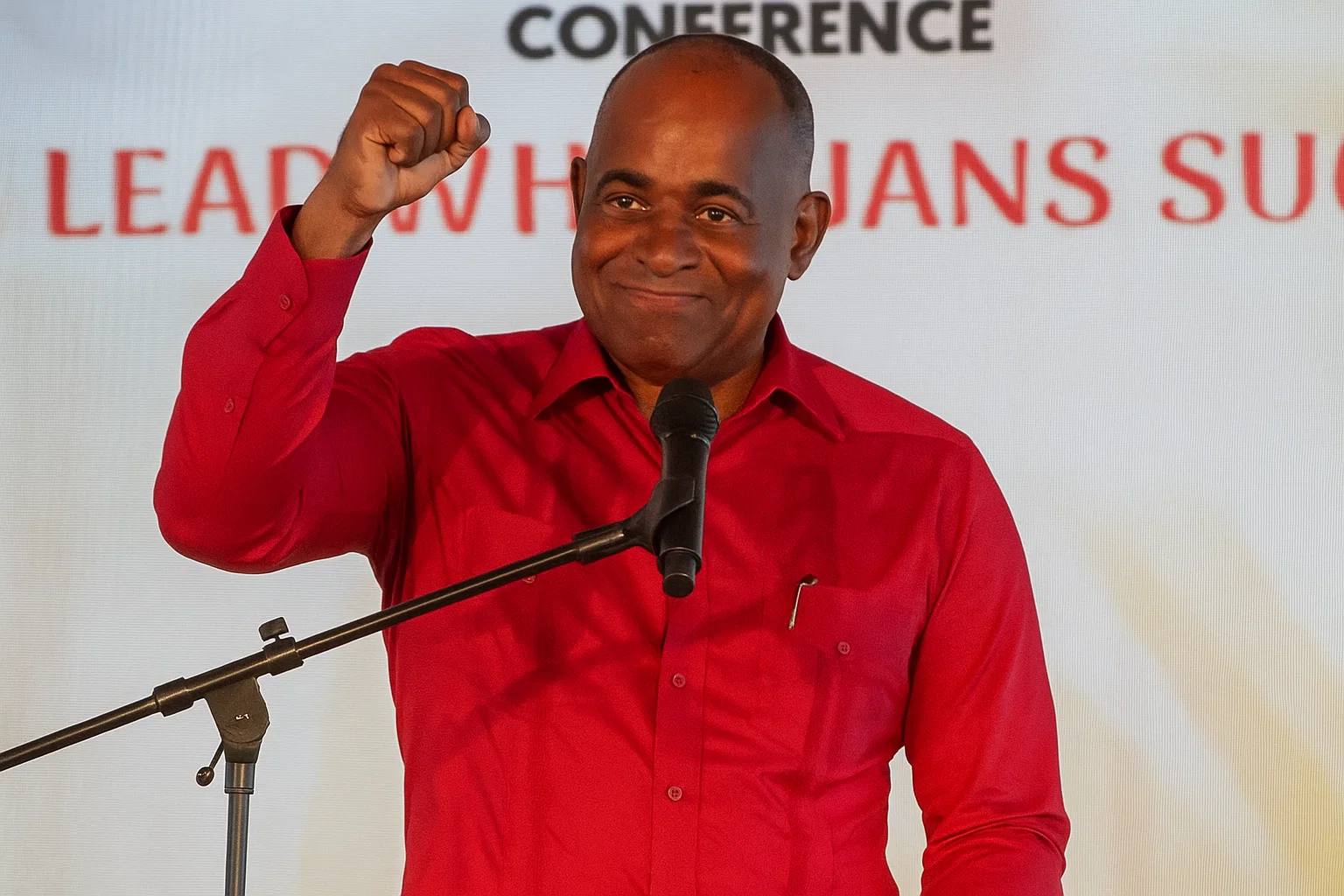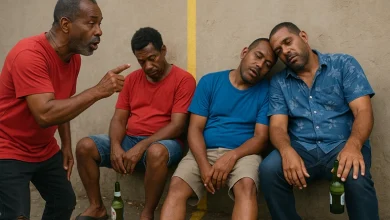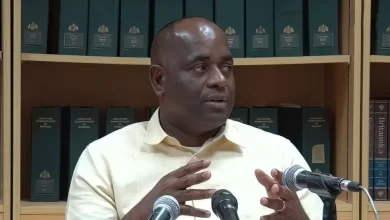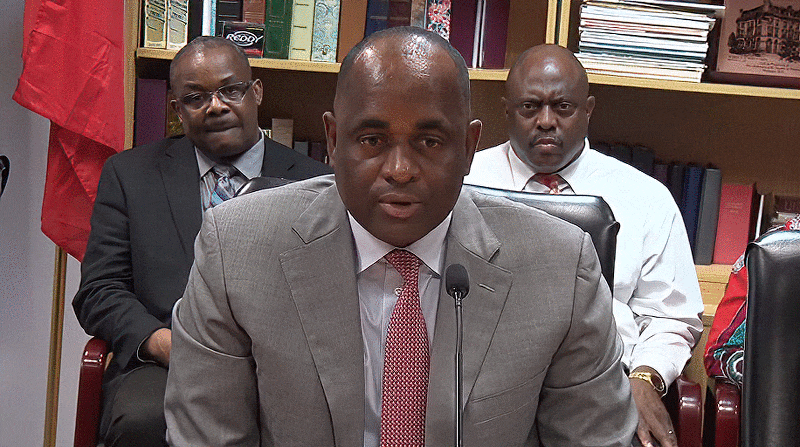
Skerrit’s Stand: Why the Caribbean Must Remain a Zone of Peace
When Roosevelt Skerrit stood before the Barbados Labour Party’s annual delegates conference, he wasn’t just giving polite greetings. He was laying down a philosophy he has carried for years, that the Caribbean must guard its independence, its dignity, and its peace. He reminded the audience that leadership is not measured by how one commands in good weather, but how one keeps vision steady when the sky is dark.
He placed his words in history. He recalled how Eugenia Charles once had to call Tom Adams in the 1980s to secure salaries for Dominicans when coffers ran dry. He told of his own country’s financial crisis, when Barbados extended a hand that others withheld. For Skerrit, these weren’t just anecdotes. They were proof that Caribbean solidarity is tested in storms, not speeches. And it was in that spirit that he insisted the Caribbean must remain a “zone of peace,” free of wars and foreign entanglements.
Peace as Survival
The Prime Minister’s tone was not one of dreamy idealism. It was practical, rooted in the dangers small island developing states face when larger powers use them as pawns. “We cannot cower under fear,” he said. “We must stand for principle and stand on the shoulders of the sacrifices of our foreparents who fought for our freedom and who fought for independence. And we must always speak truth to power”.
For him, peace is survival. He warned bluntly: if war breaks out in the Caribbean, “we will have some serious challenges in our respective countries.” His call wasn’t just to avoid conflict, but to step forward as mediators, to “offer ourselves as intermediators so that we can bring the two forces together”. This was classic Skerrit: not shrinking away from big global struggles, but offering Dominica and her neighbors as voices of reason.
And he tied this vision to contemporary issues. Free movement among Barbados, Dominica, St. Vincent, and Belize wasn’t only about economics, he said, it was about giving real dignity to ordinary workers and families, a mason who can travel for work, a nurse who can answer a call where she is needed. For him, regional integration and peace are not abstract; they are the kitchen table issues that affect livelihoods.
Personality, Conviction, and the Road Ahead
Skerrit’s personality came through strongly in this speech. He was warm, even affectionate, toward Mia Mottley, calling her “Sister M” and praising her leadership as “steady, measured, tested”. But beneath the personal respect was a broader argument: leaders in the Caribbean must carry calculators and compasses, able to measure budgets but also to chart moral direction.
What does this mean for Dominica’s future? Skerrit is making a case for a Caribbean that is not simply reacting to outside powers but shaping its own place. If we take his words seriously, Dominica and its neighbors must invest in diplomacy, education, and resilience, just as much as in infrastructure. He spoke of education as transformation, not just exams, preparing children for jobs “not yet invented.” He linked resilience to survival, noting that storms will keep coming “more ferociously,” and governments must prioritize water, roofs, and food security above the attractive but less essential.
In these words lies his governing philosophy: sovereignty is protected not only by soldiers, but by classrooms, by regional unity, by leaders who stand up when the seas are rough.
Why His Message Resonates
Skerrit’s speech was layered with memory and conviction. He spoke as a man who has weathered financial crises, storms, and political blows. He spoke as a Caribbean leader proud of his region’s heritage, but deeply aware of its vulnerabilities. And he offered a path forward: diplomacy instead of military build-ups, integration instead of division, resilience instead of dependency.
Critics may argue that his government has sometimes blurred these ideals in practice, leaning heavily on external investors and controversial arrangements. But his insistence on peace as a regional identity marker matters. In a world where small states are often told to pick sides, Skerrit is saying no: Dominica’s side is stability, dignity, and the right to be heard.
The Caribbean has always been strongest when it acts as one voice. Skerrit’s reminder that “this world, this Caribbean must continue to be a zone of peace” is as much a warning as it is a hope. It is a call for courage, for small states to use their moral authority as much as their material resources. And it is a challenge to ensure that when future storms come, whether hurricanes or political pressures, the region can hold its ground.
This article is copyright © 2025 DOM767








